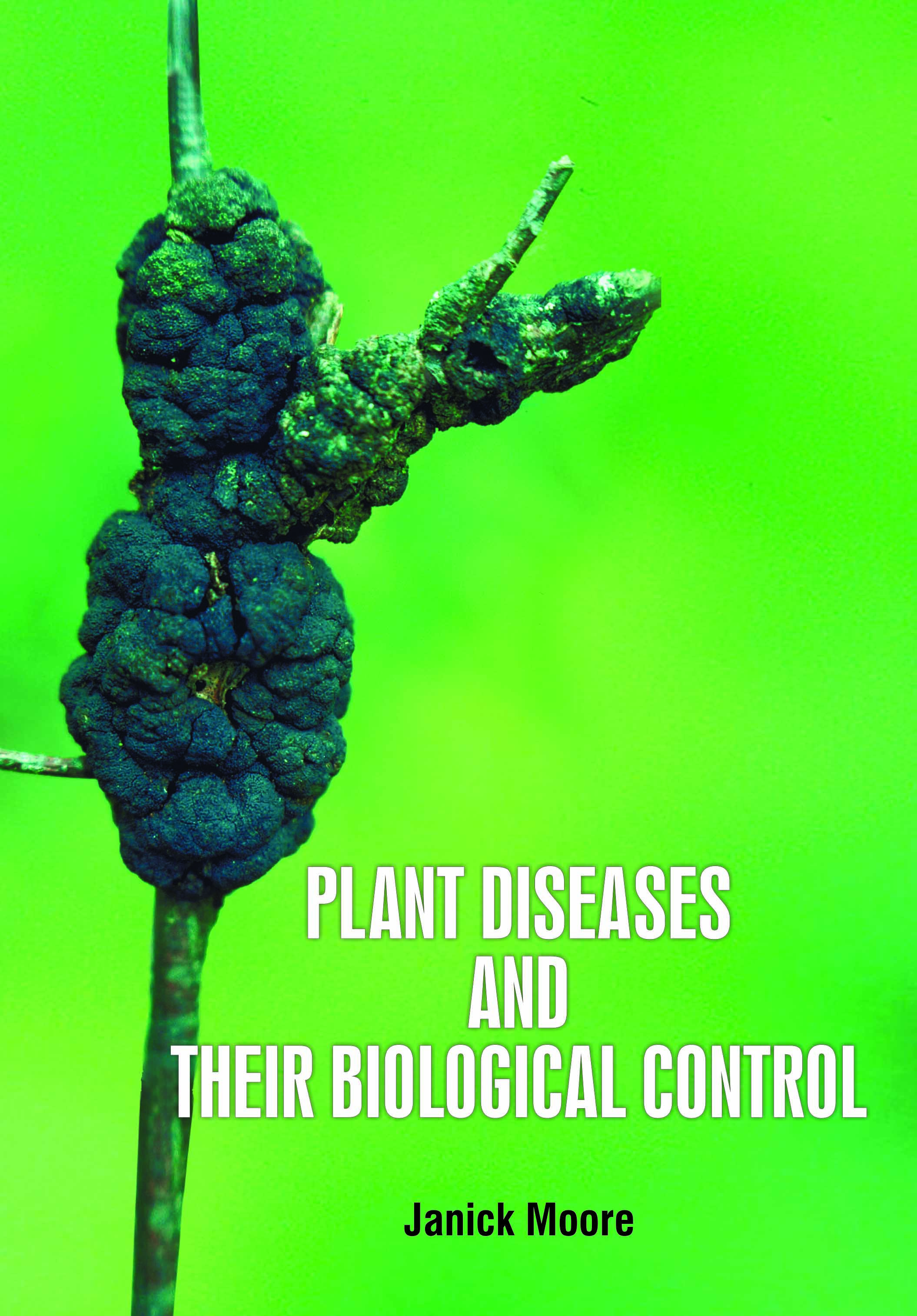
Plant Diseases and Their Biological Control
by Janick Moore
| ISBN | 9781799600992 |
|---|---|
| Publisher | White Press Academics |
| Copyright Year | 2020 |
| Price | $230.00 |

by Janick Moore
| ISBN | 9781799600992 |
|---|---|
| Publisher | White Press Academics |
| Copyright Year | 2020 |
| Price | $230.00 |
The biological control refers to the purposeful utilization of introduced or resident living organisms, other than disease resistant host plants, to suppress the activities and populations of one or more plant pathogens. The microorganisms have come under focus for the management of diseases due to their unique ability to survive in the ecosystem and reducing the severity of the diseases. Biological Control of Plant Diseases presents up-to-date research findings on disease management to provide you with a single source reference text for developing a sustainable ecosystem that doesn’t depend on harmful and unhealthy agrochemicals. Biological control is the control of disease by the application of biological agents to a host animal or plant that prevents the development of disease by a pathogen. With regard to plant diseases the biocontrol agents are usually bacterial or fungal strains isolated from the endosphere or rhizosphere. Viruses can also be used as biocontrol agents and there is a resurgent interest in the use of bacterial viruses for control of plant diseases. A significant improvement have been made in different aspects of biological control of fungal plant diseases, but this area still need much more development and investigations to solve the existing problems. In order to have more effective biological control strategies in the future, it is critical to carry out more research studies on some less developed aspects of biocontrol, including development of novel formulations, understanding the impact of environmental factors on biocontrol agents, mass production of biocontrol microorganisms and the use of biotechnology and nano-technology in improvement of biocontrol mechanisms and strategies. The book will be useful and widely accepted by students, teachers, researchers, botanists, plant pathologists and agriculturists.